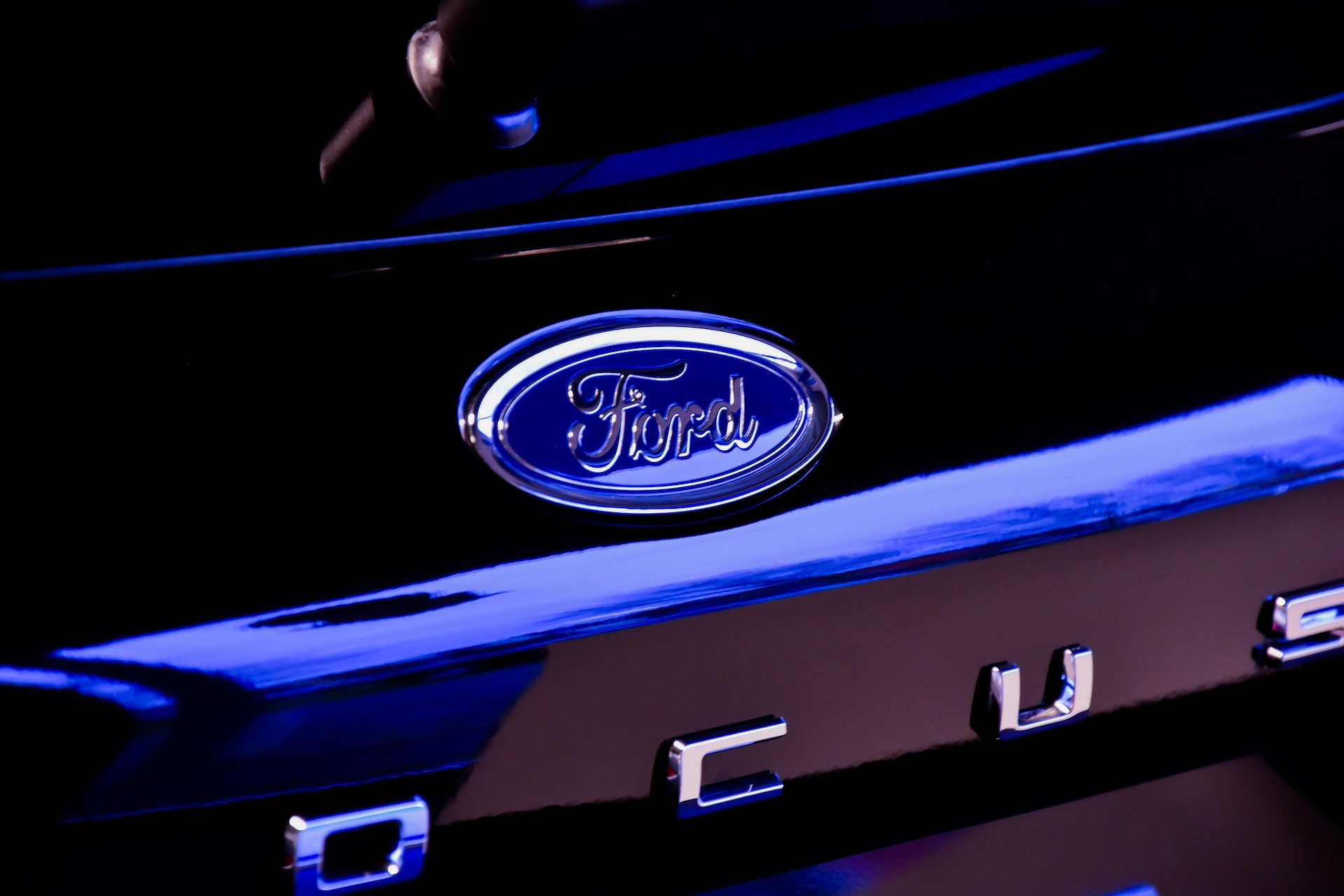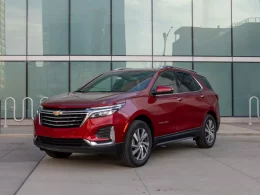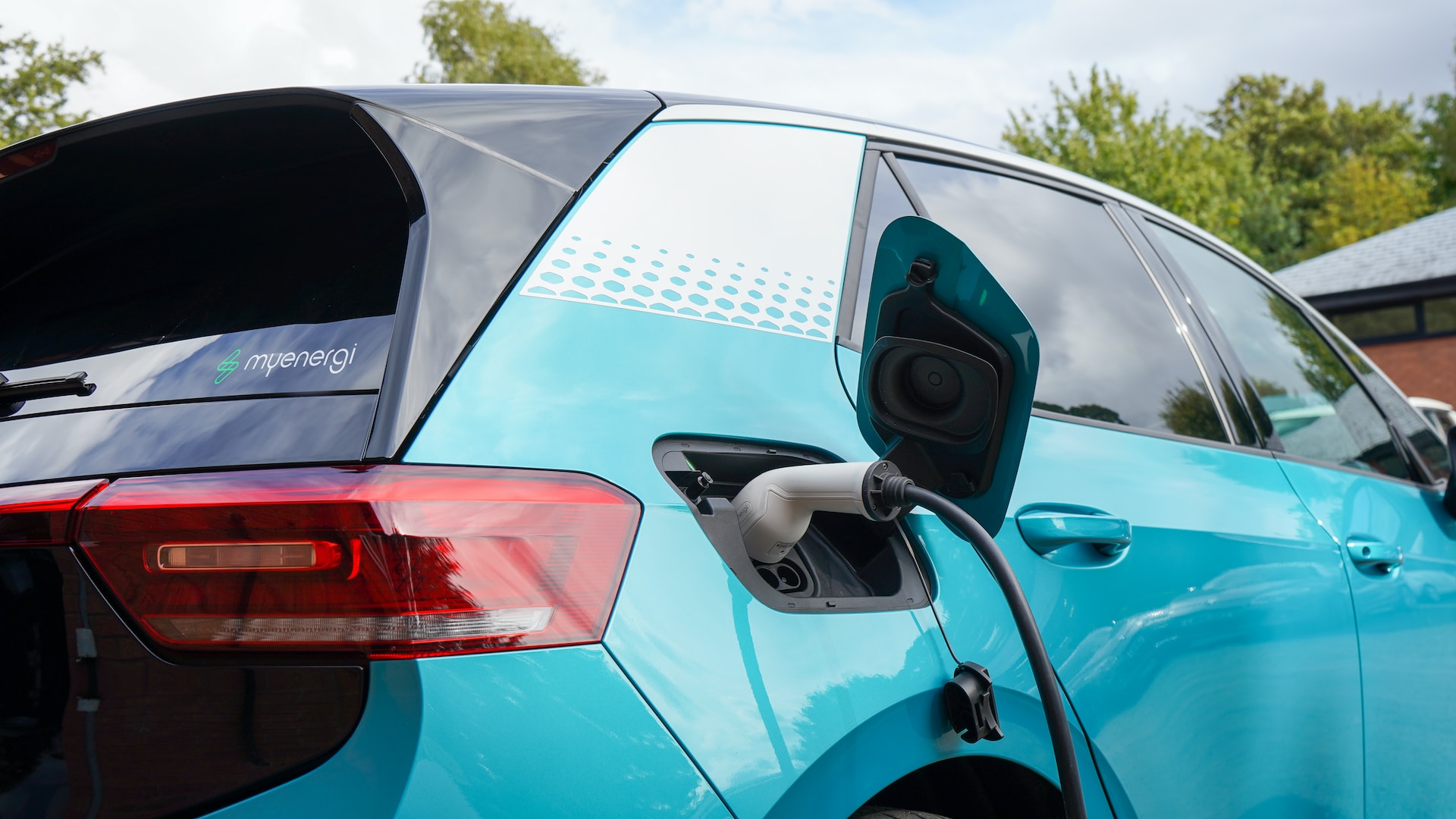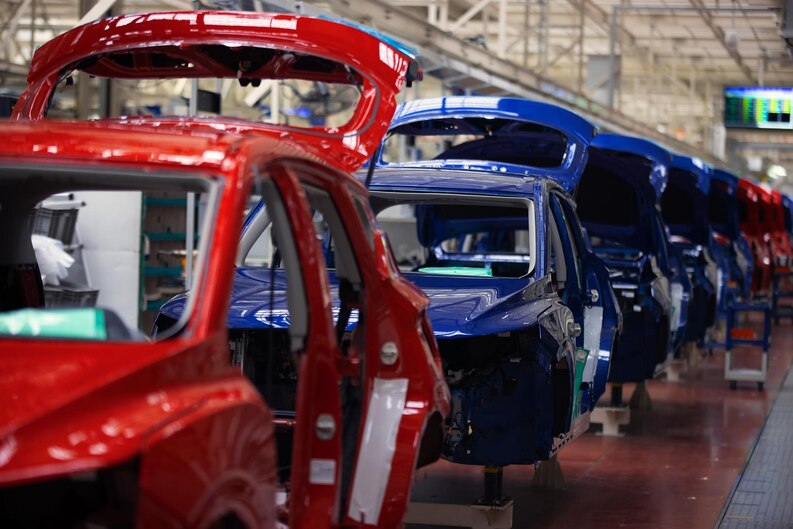Electric vehicles (EVs) have been on the rise for the past few years, with many automakers shifting their focus to producing more sustainable vehicles. Two of the biggest players in the EV market are Ford and Tesla, who have been competing to become the leader in this space.
In recent years, Ford has made a significant push into the EV market with the launch of their Mustang Mach-E and the announcement of their F-150 Lightning electric pickup truck. Meanwhile, Tesla has been dominating the market with their popular Model S, Model X, Model 3, and Model Y vehicles.
However, Ford is not taking this competition lightly. They recently announced their plan to invest $22 billion in EVs and autonomous vehicles through 2025, a huge leap from their previous investment of $11.5 billion. The automaker has also committed to making 40% of their global vehicle sales EVs by 2030.
On the other hand, Tesla has been experiencing their own success in the EV market. In 2020, the company delivered almost 500,000 vehicles, more than any other automaker. Tesla’s stock has also been on the rise, with a market capitalization of over $700 billion in early 2021, making it the most valuable car company in the world.
However, despite Tesla’s success, Ford is not backing down. The automaker has been focusing on producing EVs that appeal to a wider range of consumers, with the Mustang Mach-E and F-150 Lightning being two prime examples. The Mustang Mach-E is a stylish electric SUV that aims to compete with Tesla’s Model Y, while the F-150 Lightning is the first-ever electric pickup truck and has generated a lot of buzz since its announcement.
In addition to their investment in EVs, Ford is also planning to introduce a new platform for electric vehicles called “Ford IonBoost”. This new platform is expected to debut in 2025 and will allow Ford to produce a wider range of EVs more efficiently.
Tesla, on the other hand, has been focusing on producing high-end electric vehicles that appeal to tech enthusiasts and eco-conscious consumers. Their vehicles are known for their sleek design, impressive performance, and advanced technology features. However, with the rise of competition from other automakers, Tesla will need to continue innovating and expanding their offerings in order to maintain their dominance in the EV market.
In terms of charging infrastructure, Tesla currently has a significant advantage over Ford. The company has a network of over 25,000 Supercharger stations globally, while Ford is still in the process of building out their own charging network. However, Ford has partnered with Electrify America, a company that operates a network of over 800 charging stations across the US, to provide charging options for their customers.
As the battle for EV supremacy heats up between Ford and Tesla, other automakers are also joining the race. General Motors has announced their plan to invest $27 billion in EVs and autonomous vehicles through 2025, while Volkswagen has committed to producing 1 million electric cars per year by 2025.
Overall, the competition between Ford and Tesla is good news for consumers as it will lead to more innovation and options in the EV market. It will be interesting to see how the battle for electric vehicle supremacy plays out in the coming years, and which automaker will come out on top.











